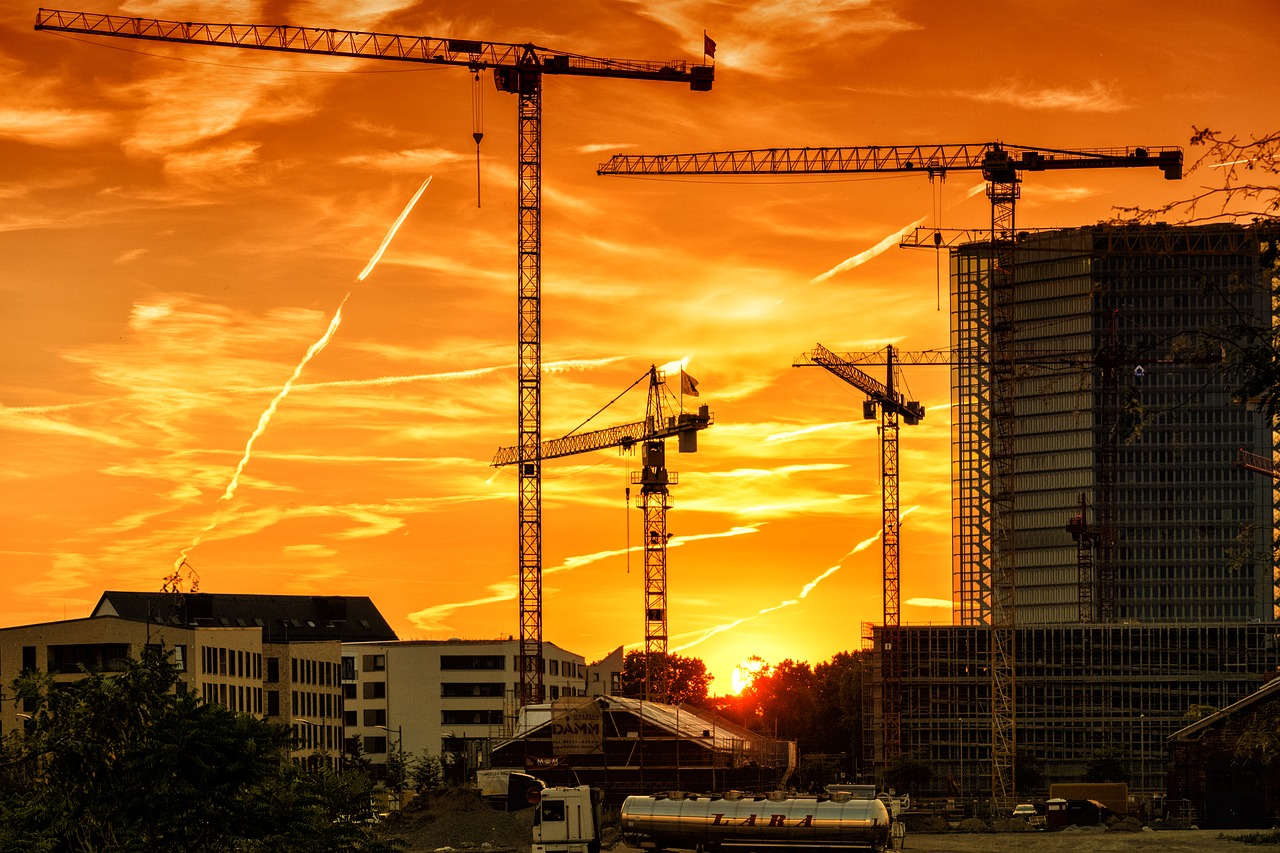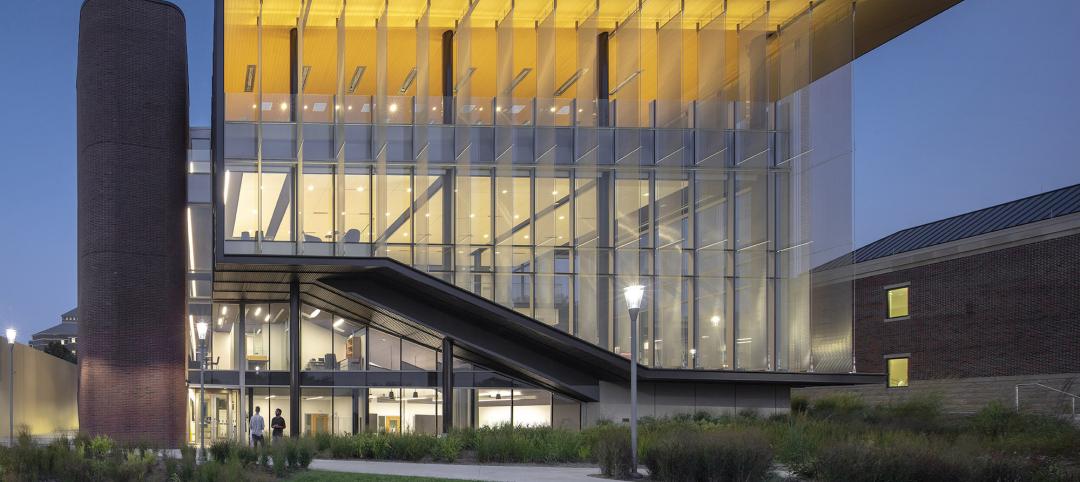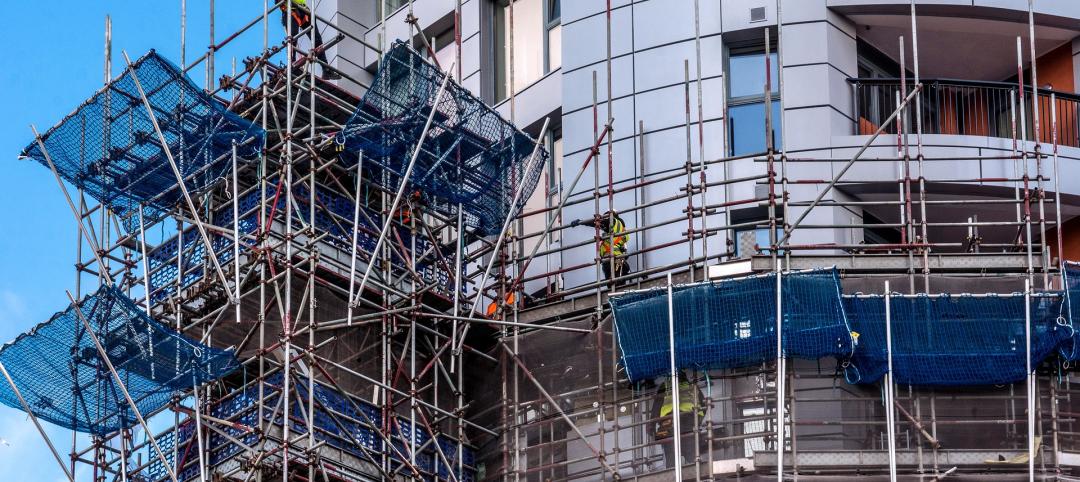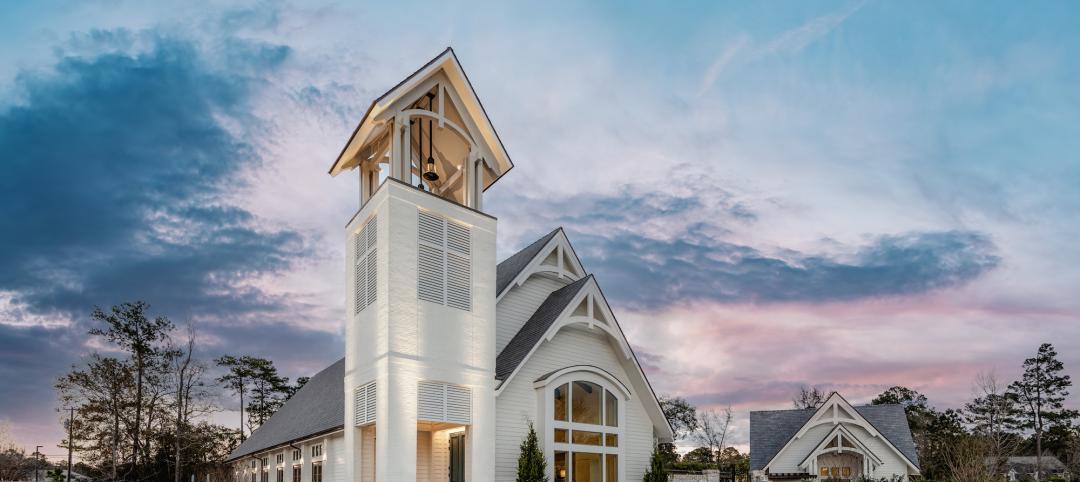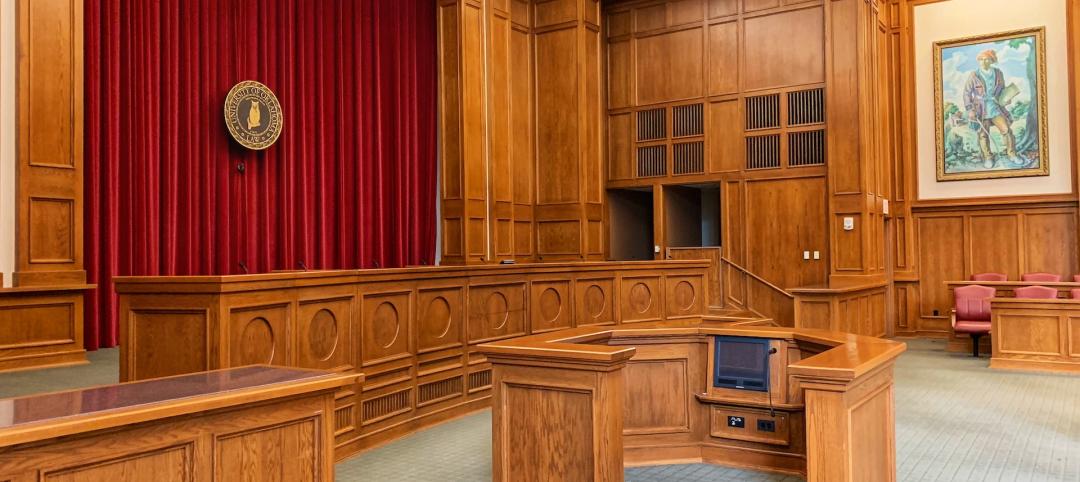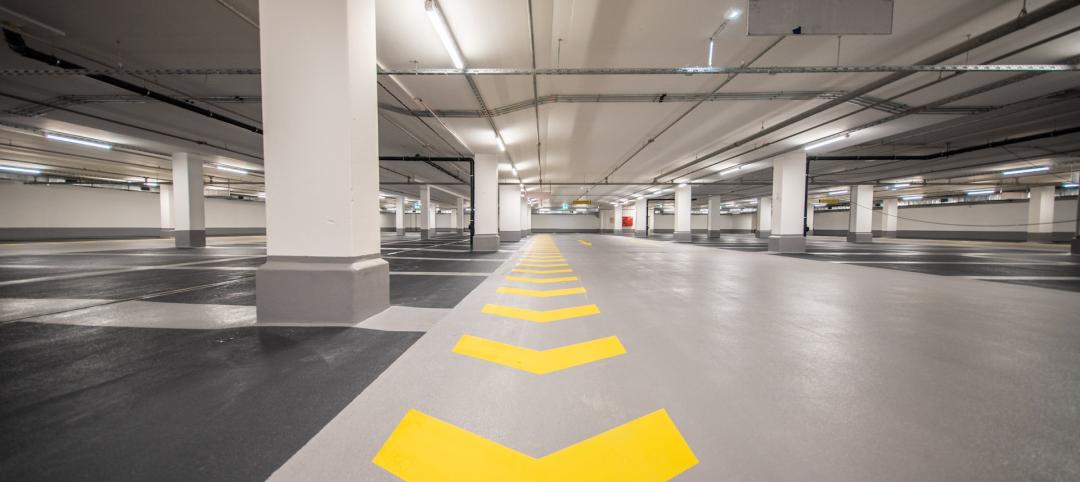National nonresidential construction spending fell 1.2% in July, according to an Associated Builders and Contractors analysis of data published today by the U.S. Census Bureau. On a seasonally adjusted annualized basis, spending totaled $809.1 billion for the month.
Of the 16 nonresidential subcategories, 10 were down on a monthly basis. Private nonresidential spending declined 1.0% while public nonresidential construction spending was down 1.3% in July.
“There are two primary countervailing forces influencing the trajectory of nonresidential construction spending,” said Basu. “The first is a force for good and involves the reopening of the economy and associated rebound in overall economic activity. Despite the lingering pandemic, third quarter GDP growth is likely to be quite strong. All things being equal, this would tend to strengthen business for contractors.
'Next year is shaping up to be an especially harsh one for many contractors, especially as some are already indicating that they are nearing the end of their backlog. The wild card, as is often the case, is Congress.'
“However, the second force at work is not benign and appears to be the stronger of the two,” said Basu. “The crisis has resulted in tighter project financing conditions, battered state and local government finances, substantial commercial vacancy and uncertainty regarding the future of key segments, such as office and lodging. And while backlog was strong at the start of the year, contractors indicate that it is now declining rapidly, in part due to abundant project cancellations.”
“Next year is shaping up to be an especially harsh one for many contractors, especially as some are already indicating that they are nearing the end of their backlog,” said Basu. “The wild card, as is often the case, is Congress. Another stimulus package could go a long way toward improving the trajectory of overall nonresidential construction spending, particularly one with a sizable infrastructure component. The upshot is that declines in nonresidential construction spending are likely even in the context of broader economic recovery.”
Related Stories
Codes and Standards | Feb 8, 2023
GSA releases draft of federal low embodied carbon material standards
The General Services Administration recently released a document that outlines standards for low embodied carbon materials and products to be used on federal construction projects.
University Buildings | Feb 7, 2023
Kansas City University's Center for Medical Education Innovation can adapt to changes in medical curriculum
The Center for Medical Education Innovation (CMEI) at Kansas City University was designed to adapt to changes in medical curriculum and pedagogy. The project program supported the mission of training leaders in osteopathic medicine with a state-of-the-art facility that leverages active-learning and simulation-based training.
Giants 400 | Feb 6, 2023
2022 Reconstruction Sector Giants: Top architecture, engineering, and construction firms in the U.S. building reconstruction and renovation sector
Gensler, Stantec, IPS, Alfa Tech, STO Building Group, and Turner Construction top BD+C's rankings of the nation's largest reconstruction sector architecture, engineering, and construction firms, as reported in the 2022 Giants 400 Report.
Giants 400 | Feb 6, 2023
2022 Transit Facility Giants: Top architecture, engineering, and construction firms in the U.S. transit facility sector
Walsh Group, Skanska USA, HDR, Perkins and Will, and AECOM top BD+C's rankings of the nation's largest transit facility sector architecture, engineering, and construction firms, as reported in the 2022 Giants 400 Report.
Giants 400 | Feb 6, 2023
2022 Telecommunications Facility Sector Giants: Top architecture, engineering, and construction firms in the U.S. telecommunications facility sector
AECOM, Alfa Tech, Kraus-Anderson, and Stantec head BD+C's rankings of the nation's largest telecommunications facility sector architecture, engineering, and construction firms, as reported in the 2022 Giants 400 Report.
Giants 400 | Feb 6, 2023
2022 Religious Sector Giants: Top architecture, engineering, and construction firms in the U.S. religious facility construction sector
HOK, Parkhill, KPFF, Shawmut Design and Construction, and Wiss, Janney, Elstner head BD+C's rankings of the nation's largest religious facility sector architecture, engineering, and construction firms, as reported in the 2022 Giants 400 Report.
Giants 400 | Feb 6, 2023
2022 Justice Facility Sector Giants: Top architecture, engineering, and construction firms in the U.S. justice facility/public safety sector
Stantec, DLR Group, Turner Construction, STO Building Group, AECOM, and Dewberry top BD+C's rankings of the nation's largest architecture, engineering, and construction firms for justice facility/public safety buildings work, including correctional facilities, fire stations, jails, police stations, and prisons, as reported in the 2022 Giants 400 Report.
Giants 400 | Feb 6, 2023
2022 Parking Structure Giants: Top architecture, engineering, and construction firms in the U.S. parking structure sector
Choate Parking Consultants, Walker Consultants, Kimley-Horn, PCL, and Balfour Beatty top BD+C's rankings of the nation's largest parking structure sector architecture, engineering, and construction firms, as reported in the 2022 Giants 400 Report.
Market Data | Feb 6, 2023
Nonresidential construction spending dips 0.5% in December 2022
National nonresidential construction spending decreased by 0.5% in December, according to an Associated Builders and Contractors analysis of data published today by the U.S. Census Bureau. On a seasonally adjusted annualized basis, nonresidential spending totaled $943.5 billion for the month.
Giants 400 | Feb 3, 2023
Top Workplace/Interior Fitout Architecture, Engineering, and Construction Firms for 2022
Gensler, Interior Architects, AECOM, STO Building Group, and CBRE top the ranking of the nation's largest workplace/interior fitout architecture, engineering, and construction firms, as reported in Building Design+Construction's 2022 Giants 400 Report.


